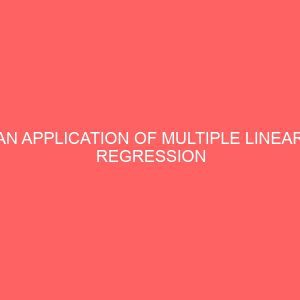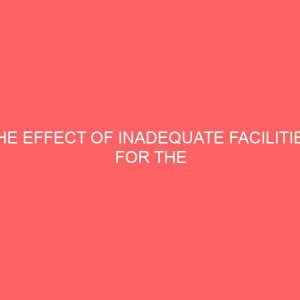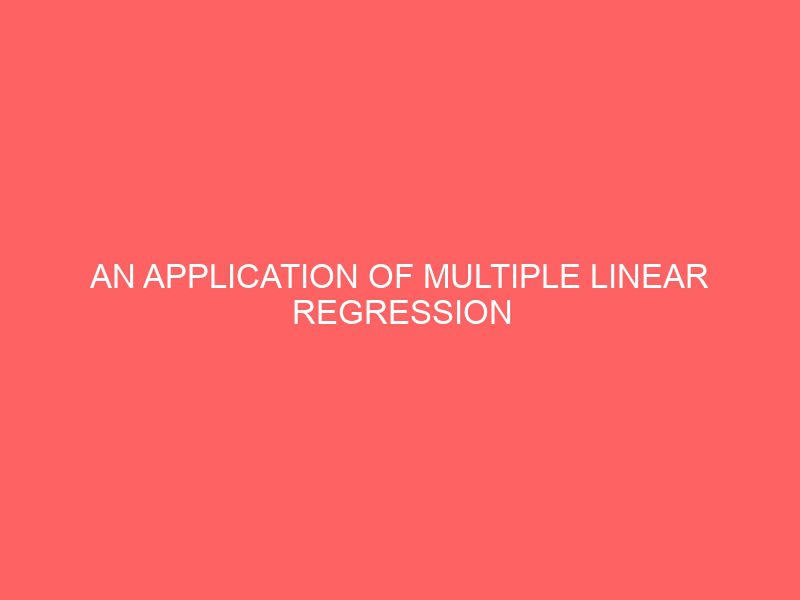Description
Abstract
An application of multiple linear regression model in modelling macro-economic variables. The study attempts to apply multiple linear regression in modeling economic variables to foster economic growth. In this light, a set of macro-economic variables was randomly selected and modeled using the regression methodology via the use SPSS 22.0. The data obtained were the period of 2005-2019. The result of the analysis pointed that of all six predictors/independent variables examined in the study, only a few were found to be statistically significant. It was reported that the result indicated that for all the changes in the Nigeria economic GDP, 74% of such changes can be accounted for by the changes in the exchange rate, foreign direct investment, and external debt in Nigeria. However, upon examining the influence of debt payment, net export, the result shows that these have no statistical evidence and thus, they do not affect GDP of the Nigeria for the period studied. Based on the result of the study, it was concluded that in order to be certain of the predictive power of a regression model, there should be critical scrutiny of the model adequacy first. Notwithstanding, for this study, of all the six independent variables examined the model was reduced and concluded that exchange rate, foreign direct investment, and external debt in Nigeria influences the gross domestic product better using the p-value and the global f-test approach of assessing the model adequacy to reduce model predictors to only significant ones.








Reviews
There are no reviews yet.